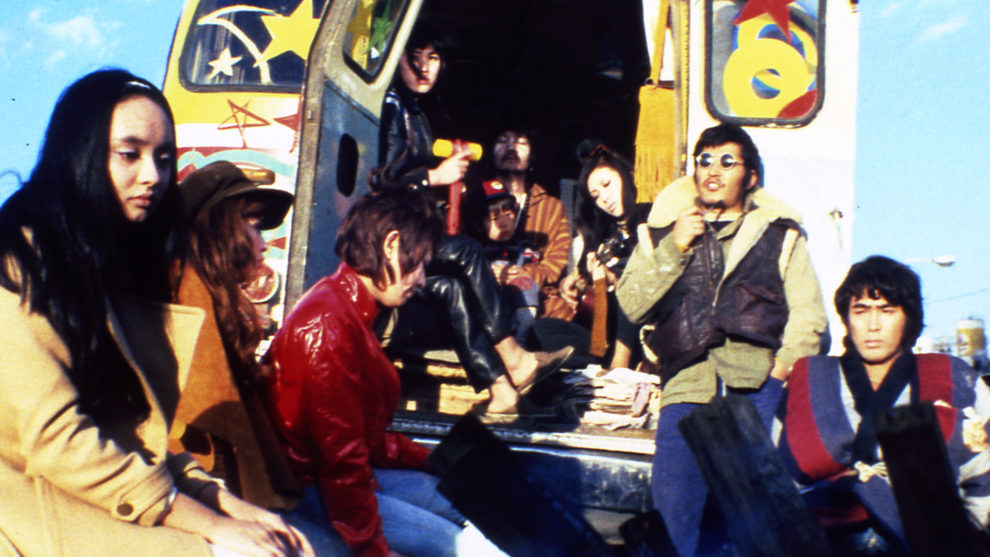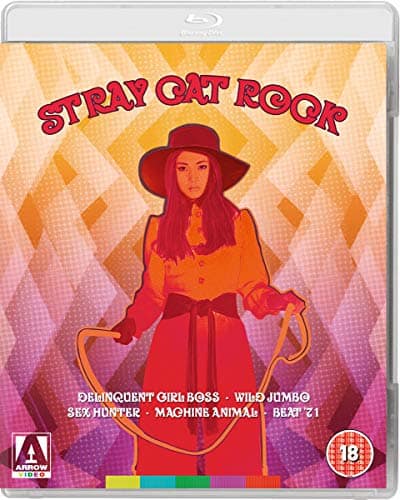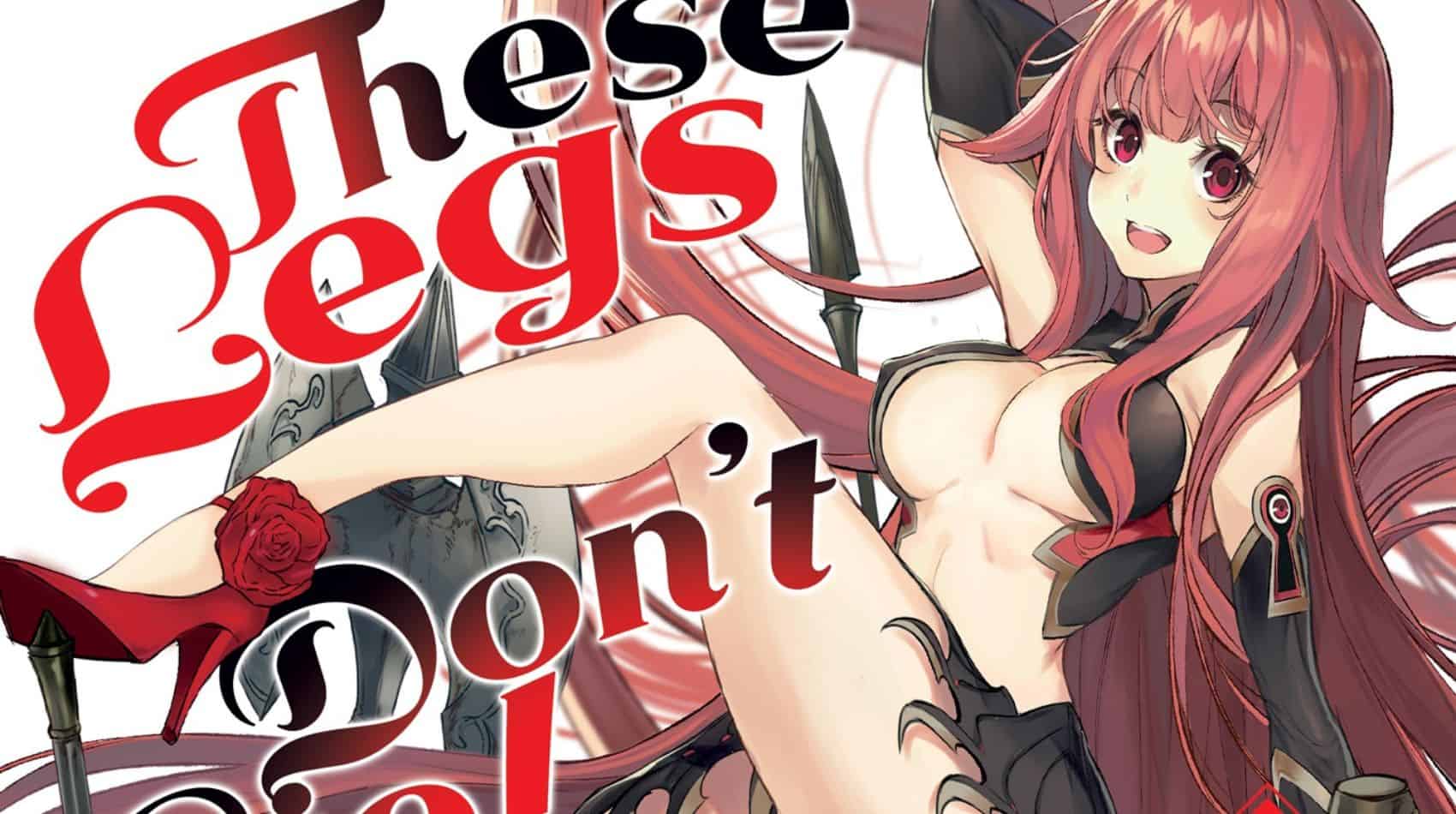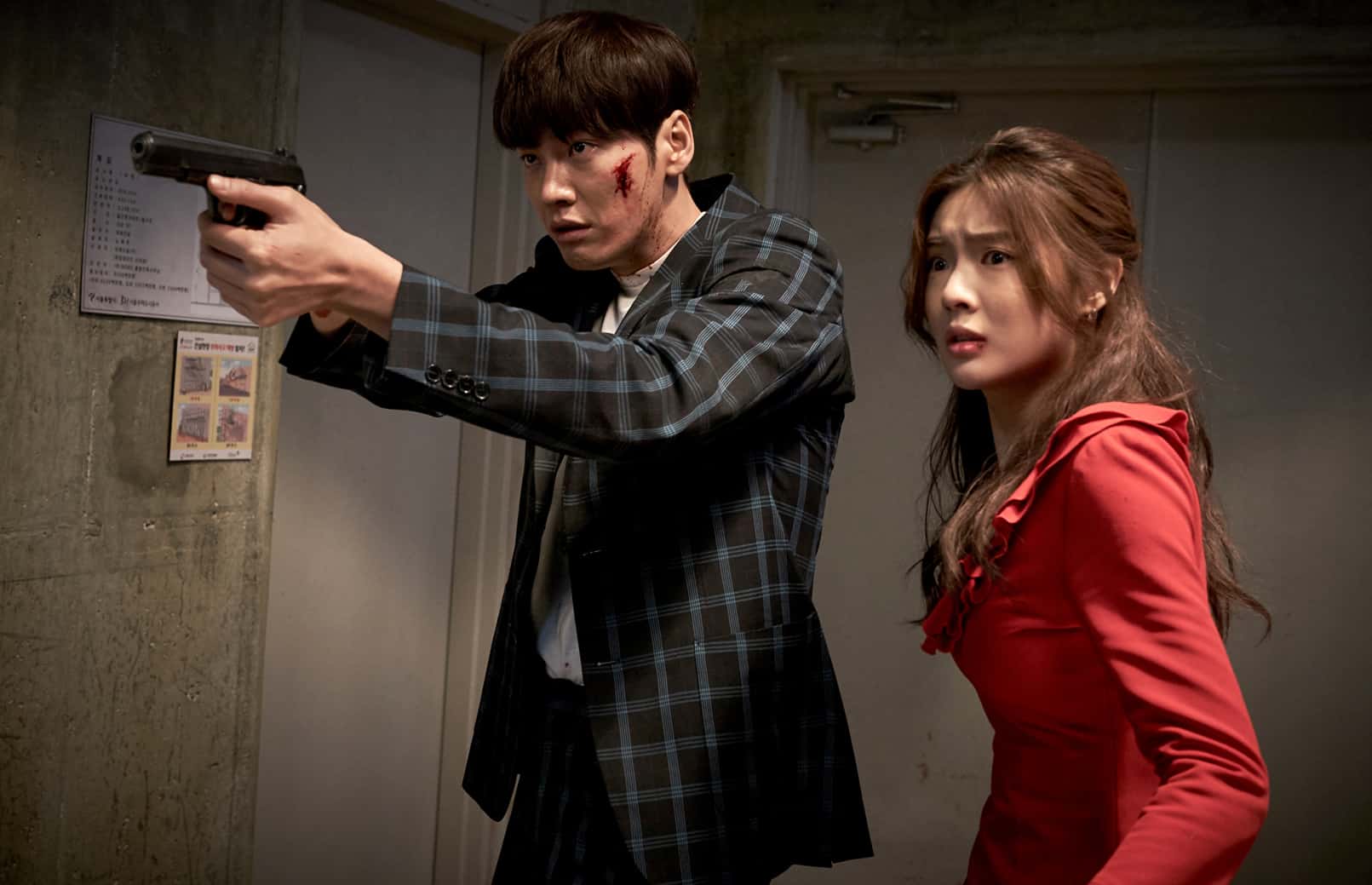The swan song of the series is a whole other animal, since Meiko Kaji has a distinctly secondary role as Ruriko (in my opinion, the actual protagonist of the whole series is Tatsuya Fuji, maybe with the exception of “Sex Hunter”) while the social commentary of the rest of the movies has given its place to intense action, which frequently feels and looks a bit too much like a western.
Buy This Title
The story begins literally in the bushes, where Ruriko and her boyfriend Ryumei attempt to have sex in hiding. Unfortunately, even before they have taken off their clothes, a biker gang headed by The President appears and beats them up, despite the latter's effort to resist. However, Ryumei manages to stab one of them to death, before the gang takes him with them after the instructions of a yakuza, who even proceeds in putting the murder weapon in Ruriko's hands. The unconscious girl is arrested and sent to prison; however, after her release a few months later, the first thing she does is start searching for Ryumei, who is soon revealed though, to be the son of a yakuza family who have forced him to change his ways and become one of them.
Ruriko tries to bring him back but she is captured and locked up in a cellar, where she spends most of the movie. At the same time, her old gang have adopted an utterly hippy lifestyle, occasionally even getting photographed having sex for money, while a toddler lives with them. When they find out what has happened to her, they decide to go help her in their bicycles (yes, not bikes) one if which is a five seater. Inevitably, the clash between the yakuza and the hippies is as harsh as possible, although the former seem to have the police and the locals on their side, who truly despise hippy ways, in probably the only social comment in the film. The final showdown takes place in a Wild West themed park of sorts.

Toshiya Fujita follows the “rules” of his previous work in the series, “Wild Jumbo”, aiming mostly at entertainment, which, this time, though, emerges not from comedy, but from action and exploitation elements that are more intense than the previous entries. The initial beating and the repeated torturing of Ryumei, who eventually emerges as the most tragic character in the film, set the tone, but the action completely takes over after the hippies arrive in the town, only to find its apogee in the final scene. The turn towards American-style action is evident, with the last part being filled with explosions and in general, rather impressive action sequences, where Kenji Hagiwara's cinematography and Mutsuo Tanji's editing find their apogee.
At the same time, there are some campy comedy moments, with the hippies being presented as occasionally violent caricatures, with the fact that they ride their bicycles all the way to the town (which seems really far) being actually hilarious, particularly due to the presence of the five-seater. At the same time, the music-promotion element is also present once more, in a rather absurd scene where the hippies demonstrate in front of the yakuza house yelling various “slogans”, while The Mops perform “Iijanaika” live, to the astonishment of the locals who soon turn hostile against all of them. On the other hand, the presence of the toddler in various scenes that do not seem exactly safe or appropriate, could be perceived as offensive, even inside this somewhat non-PC humor the movie exhibits.
Inside all this mess however, the film actually emerges as one of the most entertaining in the series, particularly because it is the most action-filled, the fastest, and essentially the most impressive, even despite the fact that Kaji's part is rather small. Tatsuya Fuji as Mappo, the leader of the hippies, Yoshio Harada as Piranha, Eiji Go as The President and most of all, Takeo Chii as Ryumei give great performances on par with the overall aesthetics of the film, while the metastrophe of the latter is one of the greatest traits of the whole film.
In terms of cinematic quality, particularly regarding the narrative, “Beat '71” is probably the second worst in the series, after “Wild Jumbo”. In terms of entertainment, however, is right at the top, pretty close to the best one, “Sex Hunter”.
















